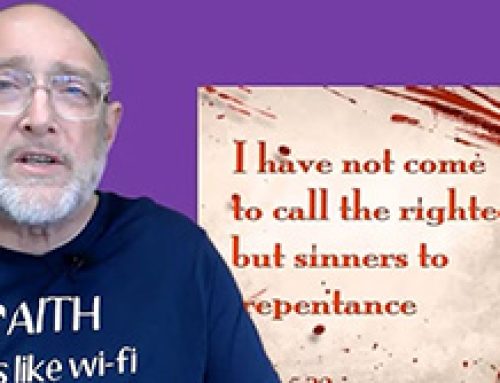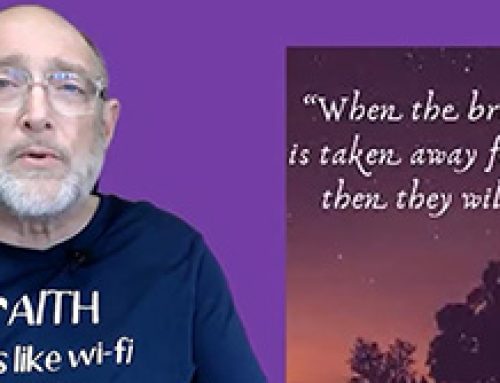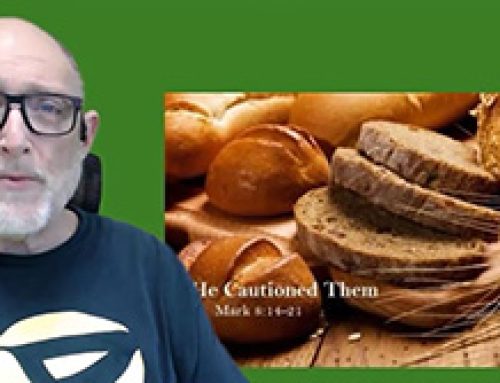Fr Paul Gooley reads from the Gospel of Matthew (19: 16-22) in which a rich young man asks Jesus, “Teacher, what good deed must I do to possess eternal life?”.
Fr Paul says in this story of the rich man, Matthew has taken Mark’s story and tidied it up in a way which makes it even more significant and challenging.
It begins ominously, for the man who calls Jesus ,‘Teacher’. The man does not use the name the disciples use which is, ‘Lord’; this is a sign that he is not going to be one of the disciples. Also, the man remains distant: he admits that he has a flaw and Jesus is not as affectionate to the man as compared to Mark’s version of this event.
More important than the sketch of the man are the demands put upon him by the words of Jesus; they show Matthew’s thought clearly.
Firstly, the would-be disciple asks what good work he should do; it is a matter of practical action.
Two other touches send us back to the Sermon on the Mount. Matthew adds to the list of commandments the Great Commandment, the commandment of love.
In the Sermon on the Mount the six changes in the observance of the Law begin with love and end with love. More especially, the condition ‘if you would be perfect’ refers to the last of these; perfection is not an optional extra but a basic condition. It is the basic condition of completeness, corresponding to the final condition of the Sermon on the Mount, ‘You must therefore be perfect as your heavenly Father is perfect’.
This stands in direct opposition to the man’s admission that he is still lacking in something. His whole attitude must change – what is demanded is not merely to make the needs of the poor a priority but a whole change of attitude and a re-consideration of where his treasure lies. Only with such a radical change can he come near to Jesus and follow him.
So, with this young man in mind, Fr Paul invites us to reflect, ‘What needs to change in my life to be a follower of Jesus?’.






Leave A Comment